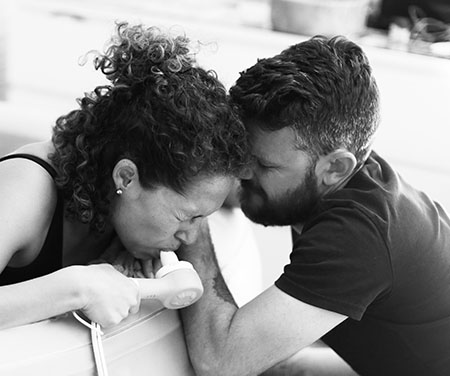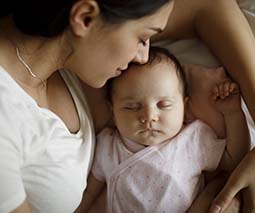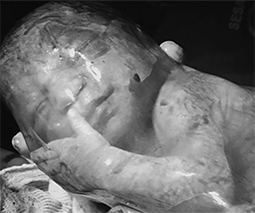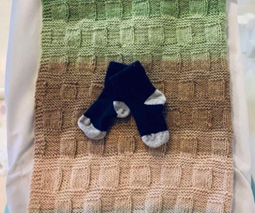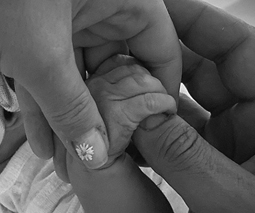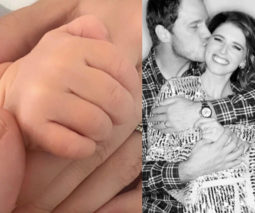Science tells us what time babies are most likely to be born
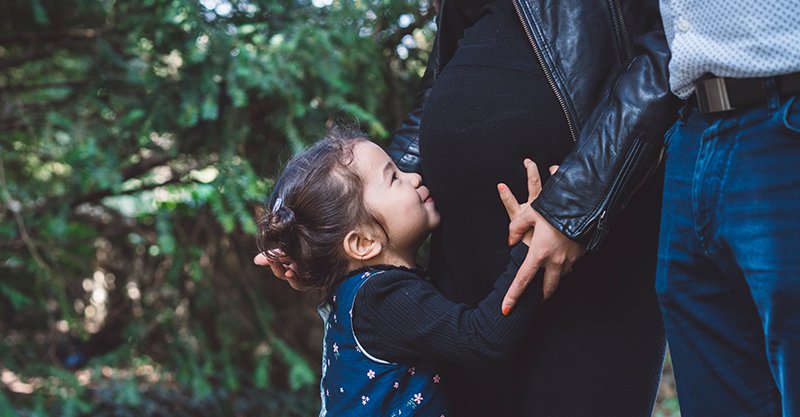
A new study of over 5 million English births has found that different types of labour and birth result in babies being born at different times of day – and even at different times of the week.
When do most babies arrive?
The study involved analysing 5,093,615 singleton births in England’s NHS maternity units between 2005 and 2014. And once you read the results, of course, it all makes perfect sense.
The patterns that emerged showed consistent differences between births that started with spontaneous labour and those that had medical intervention. (You can read even more of the very detailed study here.)
Spontaneous births? 4am!
Spontaneous births, defined births that stem from labour that began without intervention or induction – are most likely to occur between 1am and 7am, peaking at 4am. They are also slightly more likely to happen on weekdays, rather than at weekends and on public holidays.
Induced births? Close to midnight!
Births, after labour is induced, are more likely to occur close to midnight on Tuesdays to Saturdays, and on days before a public holiday period. Sundays and Mondays or days after a public holiday are less likely for induced births, which makes sense.
Elective caesarean births? Weekday mornings!
Elective caesarean births – very logically – mostly happen on weekday mornings, peaking between 9am and 10.59am. It’s been suggested that this is because they’re planned for times that best suit medical staff and families.
Read more about birth:
- I gave birth by myself at home while my husband and toddler were sleeping
- 7 times it’s okay to get an epidural’: Doula’s list has mums cheering
- Blood test may soon predict accurate due dates AND the risk of premature birth
The overall story
Researchers deduced that – across all birth methods – just 28.5 percent of births occurred between 9am and 4.59pm on weekdays, while 71.5 percent took place out of regular work hours – on weekends, public holidays or during the night.
Why are so many babies born in the dead of night? The so-called ‘sleep hormone’ melatonin may impact labour, and this could be part of why spontaneous labour yields frequent night time births.
“The timing of births varies by the onset of labour and mode of birth, and these patterns have implications for midwifery and medical staffing,” the research authors concluded. “Further research is needed to understand the processes behind these findings.”
Interesting, non?!
